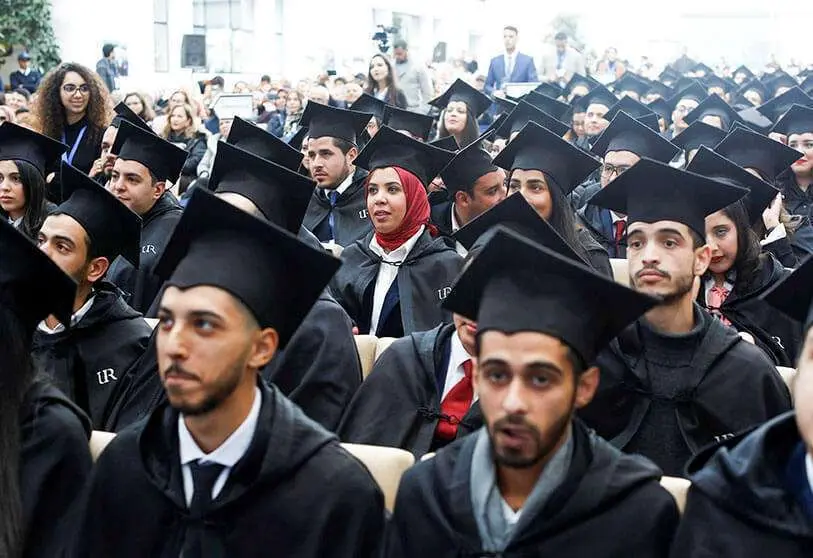Young Spanish "children of immigrants" can also be the future of Morocco

It is curious that whenever immigration is discussed, the need for them to opt for precarious jobs is brought up, and many nationals refuse to do so. There is talk of seasonal workers, unaccompanied foreign minors, and "illegality". However, no one takes care of the new generations of "immigrants' children", Spaniards who may eat a salmorejo like they make a kuskus, dance an Andalusian copla and speak "darija" with an accent of "this is my parents' legacy". These children of immigrants, (of those immigrants who had to leave Morocco because the expectations of the future did not allow them to stay in their country), are those who today not only do not accept being called immigrants, because they are not, but have become the controversy of Spanish society because they do not respond to the profiles, nor prototypes so ingrained in this envelope, for example, the concept of "Moor". They are young people with an exceptional identity, and with very controversial controversies about it, but, above all, they are mostly committed students with enough desire, head and heart, to be not only the future of Spain, but also that of their country of origin.
I would now like to reduce the spectre to young Spaniards of Moroccan origin, because I am one, and I do not feel empowered to talk about young people from any country other than my own. I need to explain the deep pride when I read or hear them, know them or simply receive a message from them in agreement or disagreement with me. They are not aware of their potential, of the important baggage they have and of the strong opportunity they can represent for their country of origin. However, I see many of them lost, angry, too concerned with focusing on the stones they have found along the way for being who they are, and I don't think they are complaining about vice, but I think they have no tools for empowerment. I feel that they live between the sword and the wall of those two frontiers that sometimes they cannot reconcile because there is no instruction manual to live that duality. And I feel sorry that often the situations they have lived through place them in points of extremism such as calling themselves "racialized", as opposed to "white", I feel they focus too much on differentiating themselves because they do not accept that they have always been different and that this difference can be a before and after so that they can bring about a change without precedent where people like them are so necessary.
That is why, for me, these young people, who have so much talent, tolerance, identity, courage, rebellion, and love of the land of their parents, only find one obstacle to helping us others reinvent our country Morocco, the language. Morocco is not prepared to pave the way for Spanish speakers of Moroccan origin, and the press, educational plans, summer international cooperation courses, everything comes into play. Spanish is the language of all the children of Moroccan immigrants in Spain, it is the language of young people who will no longer accept the precarious jobs that their parents held to get them out of the way and give them a future, the same parents who are in a good percentage illiterate and who have never been able to help them with their homework. They are aware of the effort it has taken for them to be educated, they know what it means to be an immigrant, a working class person, they are not children well enough to give them what they want, they are young people with an awareness of life because they have seen the sacrifice they have made for their parents. That is why they will not accept what their parents accepted, firstly because they are Spanish and they are not going to give up anything simply because of their origin and, secondly, because they can, because they are worth it and are aware that they deserve it.
Young people, the children of Moroccan immigrants, are the grave of the ultra-right, an ultra-right that is not going to convince them twenty-five years later to give up, because they have been facing racism and other forms of oppression all their lives, and because they know they are worthy of this future that they have designed for themselves.
Because tomorrow they will be doctors, engineers, educators, designers, artists, mechanics, teachers or lawyers and will inevitably be part of an impressive engine of change, without being fully aware of the need to take their knowledge and their claims elsewhere. For this reason, the country their parents left behind owes them a recognition, an appeal, or a possibility of approaching and making information and development proposals Spanish may be the beginning for these young people to be, not only the future of Spain, but also that of Morocco. We have an obligation to listen to them, to give them their place, to allow them to be part of something to which they have always belonged.

